INSERM UMRS 1160
« Ecotaxie, Microenvironnement et Développement Lymphocytaire »
Directeur : Pr. ANTOINE TOUBERT
Equipe 3IC : « Immunité intestinale dans l’inflammation et le cancer »
Chef d’équipe : Pr. MATTHIEU ALLEZ
Modulation of intestinal T cell specific regulation pathways for the treatment of colorectal cancers
Recent advances in tumour immunology have highlighted the role of the immune response in the development, evolution and outcome of cancers. To fend off cancer development, the immune system has several active immune cells capable of recognising altered cells. However, the tumour microenvironment can influence the quality of immune responses favouring immunological escape and factor in the prognosis of Colorectal cancer (CRC) patients. Modulation of immune checkpoints represent a breakthrough in cancer therapy but failed to improve the treatment of CRC patients, except in the sub-group of patients with micro-satellite instability.
The intestine is a unique surface as immune cells are continuously stimulated with microbial and food-borne antigens that must be tolerated, while keeping the capacity to mount a proper reaction to eventual pathogens. Hence, effector T cells in the intestinal microenvironment express a unique set of activatory and inhibitory receptors. Deciphering these regulatory networks may unlock immune cells’ potential in CRC.
To do so, we established the IMCO cohort in January 2017, including patients operated at the Saint-Louis hospital for the treatment of CRC (CPP Ile de France IV: 2016/45; n=350). It provides: 1) Associated clinical data, 2) Sampling from both the tumour sites and in healthy segments allowing paired analyses, 3) Isolation of live immune and tumour cells from fresh tissues from the two sampling sites allowing extemporaneous analyses and cultures.
Our research is, hence, based on two complementary approaches. The first is a cohort based, data driven research making use of the extensive biobank gathered over the years. We are generating proteomic, transcriptomic, genetic and TCR repertoire data sets that we’ll be integrated with each other and the clinical parameters of the cohorts.
The second is based on co-culture models between primary cancer cells and autologous immune cells, using organoid
technologies to generate spheroids and the manipulation of anti-tumour immune responses through biotherapies. We notably demonstrated the potential of MICA/B antibodies and the synergistic effect of NKG2A blocking antibodies in this context (Courau et al, 2019). More recently, we showed that modulation of the ectonucleotidase CD39 enhanced the response of tumour infiltrating T cells against autologous primary spheroids (Bonnereau et al, 2022).
Our aims are to characterise organ specific immune regulatory pathways and test them as potential anti-tumour modulators in innovative autologous co-culture models of tumour-derived spheroids with immune cells.
We will analyse ‘omic’ data set of the IMCO cohort with the goal to characterise the immune cell differences between the normal intestinal mucosa and the tumours in a paired fashion. TCR analyses will determine tumour specific T cell clones in total tissue and potentially their location using in situ visualisation technics.
In parallel, we will generate primary spheroid cultures from tumours and extract tumour infiltrating immune cells. We then will perform co-culture assays to quantify interactions, spheroid infiltration and destruction as well as immune cells activation. Several technics have been validated for these analyses: flow cytometry, microscopy and proteomics. We also are setting up single cell RNA-TCR sequencing in T cells recovered from these co-cultures to determine reactive T cells and their functions.
Taken together, these approaches will determine regulatory pathways within tumour-specific T cells that will be extremely relevant therapeutic targets in CRC.
contact:
Dr Lionel Le Bourhis
Chargé de Recherche
INSERM UMR 1160
Equipe: Immunité Intestinal dans l’Inflammation et le Cancer (3IC)
Hôpital Saint-Louis
1 avenue Claude Vellefaux
Paris, France
lionel.le-bourhis@inserm.fr
Offre en pdf

